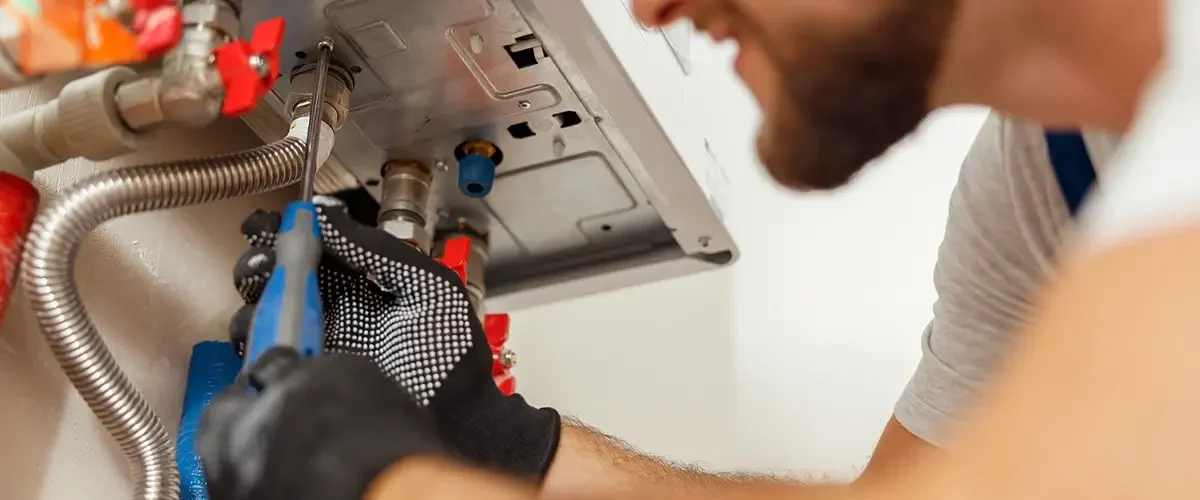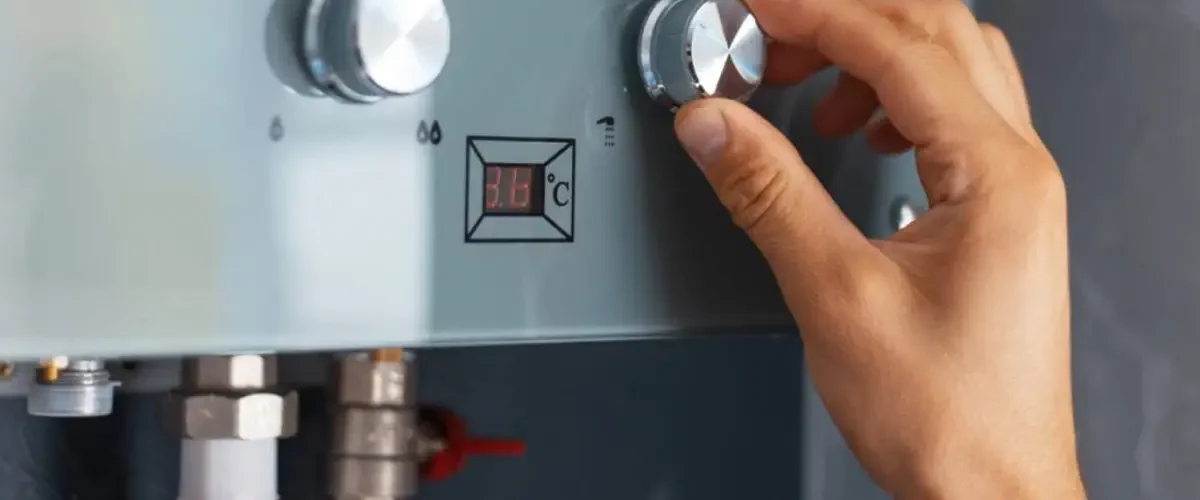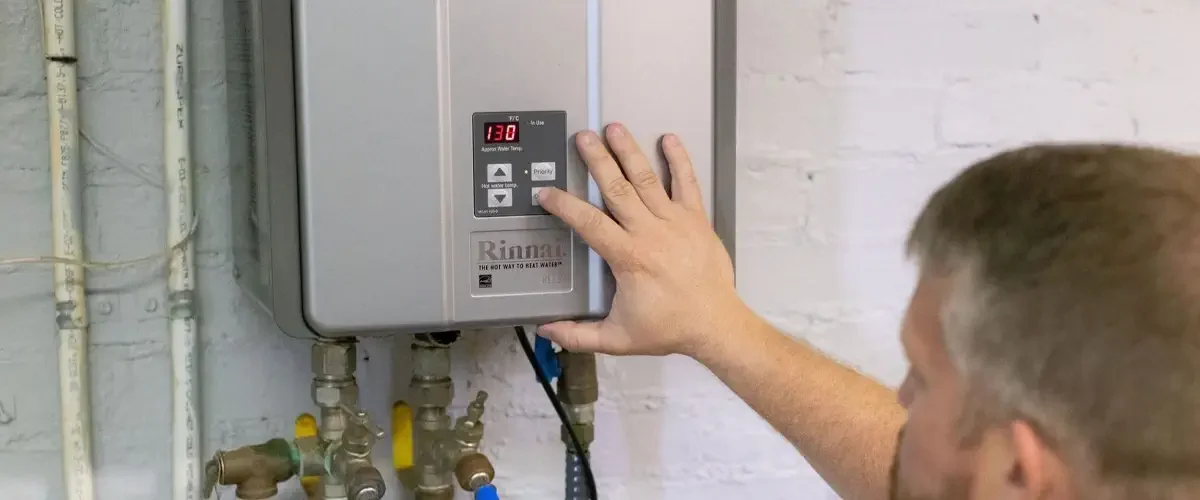10 Signs Your Water Heater Needs Repair
August 23, 2023
Water heaters are the unsung heroes of modern living, providing us with the luxury of hot water for our daily showers, laundry, dishwashing, and more. However, like all appliances, water heaters can experience wear and tear over time. Ignoring the signs of a malfunctioning water heater can lead to discomfort, potential hazards, and costly repairs. Whether you’re a homeowner wanting a warm shower after a long day or a business owner ensuring a smooth operation, understanding the signs that your water heater needs repair is crucial.
In this comprehensive guide, we’ll delve into ten common indicators that your water heater is in trouble and provide actionable insights on how to address these concerns. Plus, we’ll explore the benefits of seeking professional assistance, such as the expert services offered by Pompa Plumbing.

1. Lack of Hot Water:
The absence of hot water when you need it is a clear indication of a water heater problem. This issue can stem from a malfunctioning heating element, thermostat issues, or sediment accumulation in the tank.
Solution:
Begin by checking your thermostat settings to ensure they’re correctly calibrated. If the problem persists, contacting a professional plumber is recommended. Experts like us here at Pompa Plumbing can accurately diagnose the issue and execute the necessary repairs.
2. Inadequate Hot Water Supply: A reduced hot water supply is a sign that your water heater isn’t performing at its best. This could be due to a faulty heating element or sediment buildup that’s affecting the tank’s capacity.
Solution: Flushing the tank to remove sediment buildup is a good starting point to restore your water heater’s efficiency. For more complex issues, consult a technician who can inspect the heating element and replace it if required.

3. Strange Noises:
If you start hearing unusual noises such as popping, banging, or rumbling from your water heater, it’s often indicative of sediment buildup. As sediment accumulates in the tank, it hampers the heating process and leads to these sounds.
Solution:
Flushing the tank to eliminate sediment can address the noise issue. However, if the noises persist, a professional plumber can conduct a thorough examination to rule out any underlying problems.
4. Leakage:
Water pooling around the base of your water heater or visible rust and corrosion are telltale signs of leakage. Leaks might result from loose connections, a malfunctioning pressure relief valve, or even a crack in the tank itself.
Solution:
Addressing leaks promptly is essential to prevent potential water damage and hazards. Seek assistance from a reputable plumbing service like Pompa Plumbing to locate the leak’s source and conduct the necessary repairs.
5. Fluctuating Water Temperatures:
Inconsistent water temperatures that alternate between excessively hot and cold can signal problems with your water heater. These issues could be caused by a malfunctioning thermostat, heating element, or a damaged dip tube.
Solution:
Begin by inspecting and calibrating your thermostat settings. If the problem persists, professional intervention is advised to accurately diagnose and rectify the underlying issue.

6. Rusty or Discolored Water:
Water coming out of your taps with a rusty or discolored hue is a sign of corrosion within the tank. This usually points to the deterioration of the tank’s interior.
Solution:
Flushing the tank and replacing the anode rod – a key component that prevents corrosion – can help alleviate this problem. If the issue persists, consult a professional plumber to assess and address the situation.
7. Foul Odors:
The presence of unpleasant odors resembling rotten eggs in your hot water could be due to bacteria reacting with the anode rod. This can be especially concerning for businesses that require clean and odor-free water.
Solution:
Flushing the tank and replacing the anode rod can eliminate the odor issue. If the problem lingers, a professional plumber can provide suitable treatment to eliminate the bacteria causing the odor.
8. High Energy Bills:
A sudden increase in your energy bills might be linked to an inefficient water heater. This inefficiency can be caused by sediment buildup or a malfunctioning heating element.
Solution:
Regular maintenance practices, including flushing the tank and inspecting the heating element, can significantly enhance your water heater’s efficiency and reduce energy consumption.
Professional Tip
Flush your water heater annually to remove sediment buildup, and keep an eye out for leaks, rust, or strange noises to catch potential issues early.
9. Age of the Water Heater:
Water heaters generally have a lifespan of 8 to 12 years. If your water heater is nearing or surpassing this range, it becomes more susceptible to problems and might be due for replacement.
Solution:
Considering replacing your water heater when it approaches the end of its lifespan can help you avoid recurring breakdowns and repairs. This proactive approach can save you both time and money in the long run.
10. Frequent Pilot Light Issues:
For gas-powered water heaters, a pilot light that repeatedly goes out or struggles to stay lit could indicate problems with the thermocouple or gas supply.
Solution:
Enlisting the services of a professional plumber is essential to examine the pilot light system, clean or replace the thermocouple, and ensure a steady gas supply, thus resolving the issue effectively.
In conclusion, recognizing the signs of a malfunctioning water heater is pivotal in preventing discomfort, hazards, and financial burdens. While some issues can be resolved through basic troubleshooting, collaborating with a professional plumber for precise diagnosis and effective repairs is strongly recommended. If you’re searching for reliable plumbing services, consider engaging experts like Pompa Plumbing to ensure your water heater and plumbing system are in peak condition. Remember, staying proactive with maintenance and addressing repairs in a timely manner can significantly extend your water heater’s lifespan and provide you with uninterrupted comfort for years to come.


